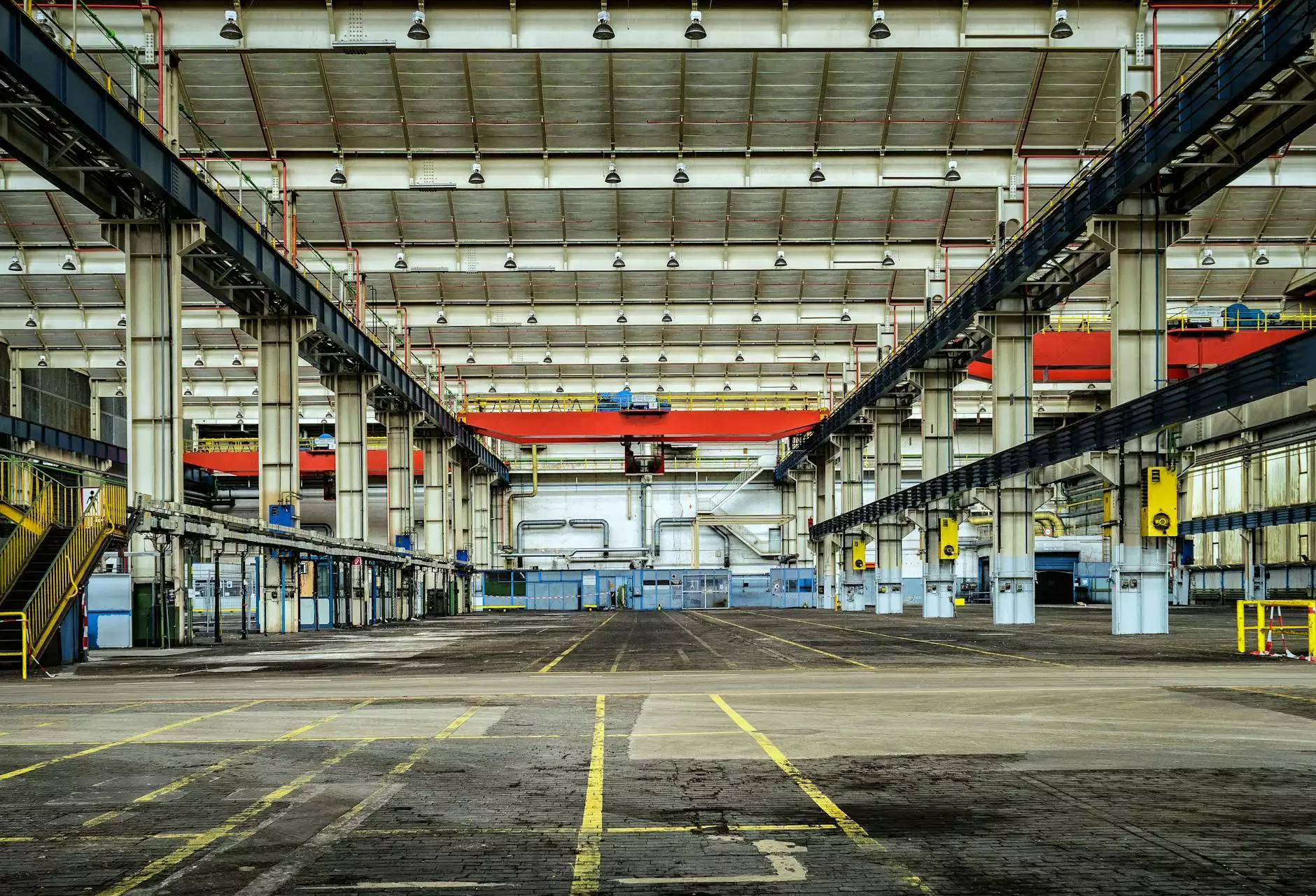Insulated Concrete Form Homes Plans: The Future of Construction

Insulated concrete form homes (ICF) are revolutionizing the construction industry with their innovative design and energy-efficient properties. As more people seek sustainable and cost-effective housing solutions, ICF has emerged as a preferred choice for both homeowners and builders alike. This article delves into the various aspects of insulated concrete form homes, providing insights into their plans, benefits, and how they stand out in today's competitive market.
The Concept of Insulated Concrete Forms
Insulated concrete forms are a modern building method that combines insulation and structural strength. These forms are made of expanded polystyrene (EPS) or other insulating materials and serve as a permanent formwork for poured concrete walls. The result is a structure that is not only durable but also highly energy efficient. Here are some of the fundamental reasons why insulated concrete form homes plans are gaining popularity:
1. Energy Efficiency
One of the primary advantages of ICF homes is their superior energy efficiency. The insulation provided by the forms keeps the building cooler in the summer and warmer in the winter, significantly reducing energy costs. Homeowners can expect lower utility bills thanks to:
- Reduced thermal bridging: Less heat loss through walls.
- Better insulation performance: R-values that exceed those of traditional wood framing.
- Air-tight construction: Reduces drafts and maintains stable climates indoors.
2. Durability and Strength
ICF homes are exceptionally durable. The combination of concrete and insulation produces walls that can withstand severe weather conditions, making them suitable for a variety of climates. Here’s why durability is a key selling point:
- Fire resistance: Concrete is non-combustible and provides added safety.
- Resistance to pests: Unlike wood, ICF does not rot or attract termites.
- Wind resistance: ICF structures can withstand hurricanes and tornadoes, thanks to their robust construction.
3. Soundproofing
Another significant benefit of ICF homes is their exceptional soundproofing capabilities. The dense concrete walls reduce noise transmission between rooms and from the outside, making your home a haven of peace and quiet. This characteristic is particularly beneficial for:
- Homes located in busy urban areas.
- Family homes with children.
- Properties near highways or airports.
Understanding the Plans for ICF Homes
When considering an insulated concrete form homes plan, it's essential to work with experienced architects and builders who understand the nuances of ICF construction. Here are key components to consider when developing a plan:
Design Flexibility
ICF homes can be designed in various styles, from modern to traditional, allowing homeowners to express their creativity. The flexibility in design includes:
- Varied floor plans: Open-concept layouts, split levels, or multi-story designs.
- Customizable exteriors: From stucco to brick finishes, enhancing curb appeal.
- Adaptable interiors: Walls can easily be modified or removed during renovations.
Construction Process
The construction process for ICF homes differs from traditional building methods. The installation involves:
- Setting up the insulated concrete forms.
- Poured concrete is placed into the forms, which are then left in place for insulation.
- Finishing the interior and exterior as desired.
The Business Case for ICF Homes
As a new business in the construction and interior design space, especially if you are operating under platforms like frydesignco.com, embracing ICF homes can position you strategically in the market. Here’s how it stands to benefit your business:
Market Demand
With increasing awareness about sustainability and energy conservation, there is a growing demand for homes that are not only affordable but environmentally friendly. ICF homes meet both criteria and cater to a wide array of potential buyers:
- Young families: Looking for affordable, energy-efficient solutions.
- Eco-conscious buyers: Interested in reducing their carbon footprint.
- Investors: Wanting resilient properties that maintain value over time.
Cost Efficiency
The upfront cost of ICF building might be higher than traditional methods, but the long-term savings on energy bills and maintenance can greatly enhance profitability. Consider the following aspects:
- Lower energy bills: Customers will appreciate lower monthly costs.
- Fewer repairs: Durability equates to fewer out-of-pocket expenses over time.
- Insurance benefits: Some insurance companies offer discounts for ICF homes due to their resilience.
Marketing Opportunities
By focusing on ICF homes, your business can differentiate itself through targeted marketing strategies. Some effective practices include:
- Educational content: Providing valuable resources on ICF benefits through blogs, social media, and videos.
- Showcase projects: Highlight your completed ICF homes to attract potential clients.
- Network collaborations: Partnering with sustainability organizations can enhance your brand’s reputation.
Conclusion: Ready to Embrace Insulated Concrete Form Homes?
In conclusion, insulated concrete form homes plans represent a significant shift toward energy-efficient, sustainable, and durable housing. For businesses in the construction and interior design sector, incorporating ICF into your offerings is not just a trend; it’s a strategic move to align with market demands and consumer preferences. From all the benefits discussed, it's clear that investing in ICF homes can lead to a brighter future for builders, homeowners, and the environment alike. If you're ready to explore this modern building solution, connect with experienced professionals who can guide you through every step of the process.
As the demand for innovative and eco-friendly construction practices grows, insulated concrete forms stand out as a truly promising option. For businesses looking to excel in this market, now is the time to take action and embrace the many advantages that ICF homes have to offer.








